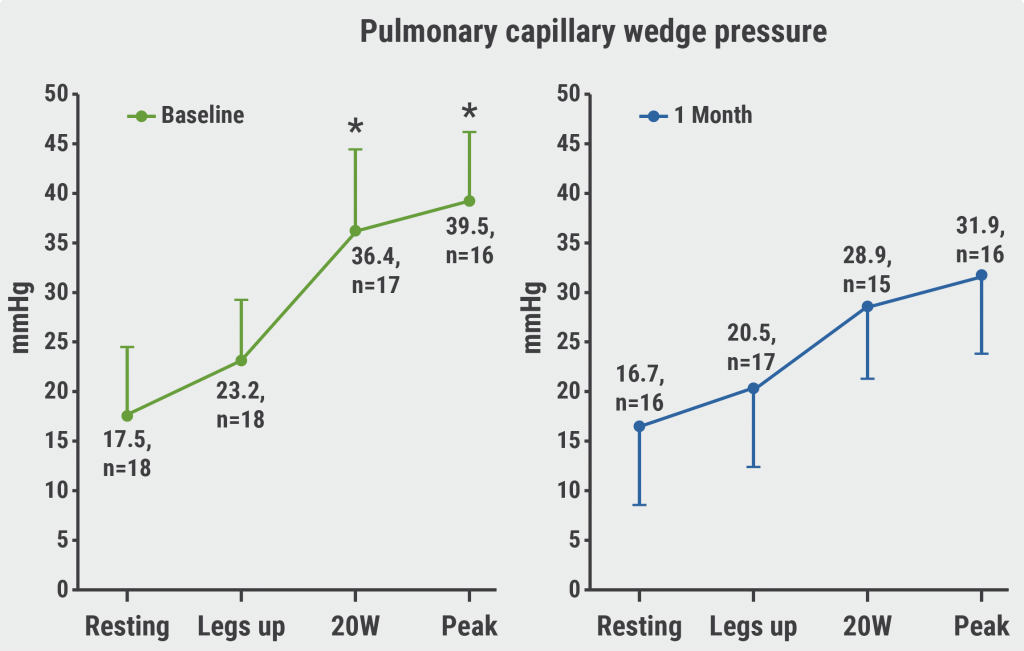"We suspect that while there may be in part biological reasons for these differences, we also believe that access, treatment preferences and follow-up may also be playing a strong role," Dr. Justin Ezekowitz, co-director of the Canadian VIGOUR Centre at the University of Alberta, in Edmonton, told Reuters Health by email.
Prior studies looking at gender differences in heart health have largely focused on recurrent MI or death. However, gender differences in vulnerability to heart failure after MI remains unclear, Dr. Ezekowitz and colleagues point out in Circulation.
To investigate, they analyzed data on more than 45,000 patients (31% women) hospitalized over 14 years with a first-time ST-segment-elevation MI (STEMI, 45%) or non-ST-segment-elevation MI (NSTEMI, 55%). The patients were followed for an average of 6.2 years.
Compared with men, women were older (median, 72 vs. 61 years) and had more comorbid conditions (hypertension, diabetes, atrial fibrillation and chronic obstructive pulmonary disease) and were less apt to undergo diagnostic angiography (74% vs. 87%).
Women with STEMI had a higher unadjusted rate of in-hospital mortality than men with STEMI (9.4% vs. 4.5%) and the same was true for NSTEMI (4.7% women vs. 2.9% men).
After adjusting for confounders, the gender difference remained significant for STEMI (adjusted odds ratio, 1.42; 95% confidence interval, 1.24 to 1.64) but not NSTEMI (aOR, 0.97; 95% CI, 0.83 to 1.13).
Following hospital discharge, women were more likely than men to develop heart failure after STEMI (22.5% vs. 14.9%) and NSTEMI (23.2% vs. 15.7%).
Regardless of MI type, women were less likely than men to be prescribed medications such as beta blockers or cholesterol-lowering drugs and had slightly lower rates of revascularization procedures.
"There are gaps across diagnosis, access, quality of care and follow-up for all patients, so we need to be vigilant, pay attention to our own biases and to those most vulnerable to ensure that we have done everything possible in providing the best treatment," Dr. Padma Kaul, co-director of the VIGOUR Centre and chair of sex and gender science, Canadian Institutes of Health Research, said in a news release.
Dr. Ezekowitz told Reuters Health, "Clinicians (as well as all heart attack survivors and those wanting to prevent a first heart attack) should focus on better adherence to reducing cholesterol, controlling high blood pressure, getting more exercise, eating a healthy diet and stopping smoking."
SOURCE: https://bit.ly/3fSAV6F Circulation, online November 30, 2020.
By Megan Brooks
Posted on
Previous Article
« Personalizing rTMS target sites likely to improve antidepressant effects Next Article
Androgen-deprivation therapy linked to worse fitness, CV mortality »
« Personalizing rTMS target sites likely to improve antidepressant effects Next Article
Androgen-deprivation therapy linked to worse fitness, CV mortality »
Related Articles


August 26, 2022
Abnormal cardiac ATP may predict SCD
© 2024 Medicom Medical Publishers. All rights reserved. Terms and Conditions | Privacy Policy
HEAD OFFICE
Laarderhoogtweg 25
1101 EB Amsterdam
The Netherlands
T: +31 85 4012 560
E: publishers@medicom-publishers.com

